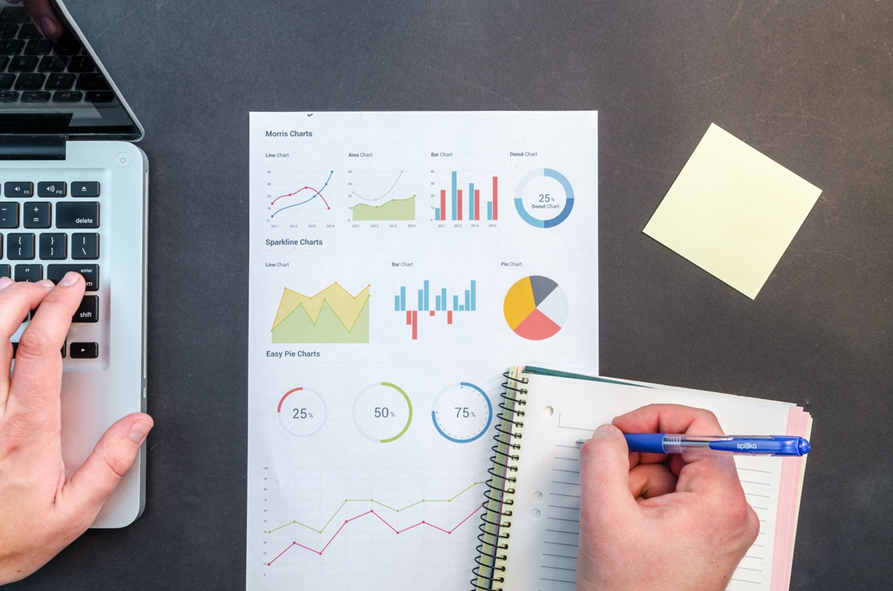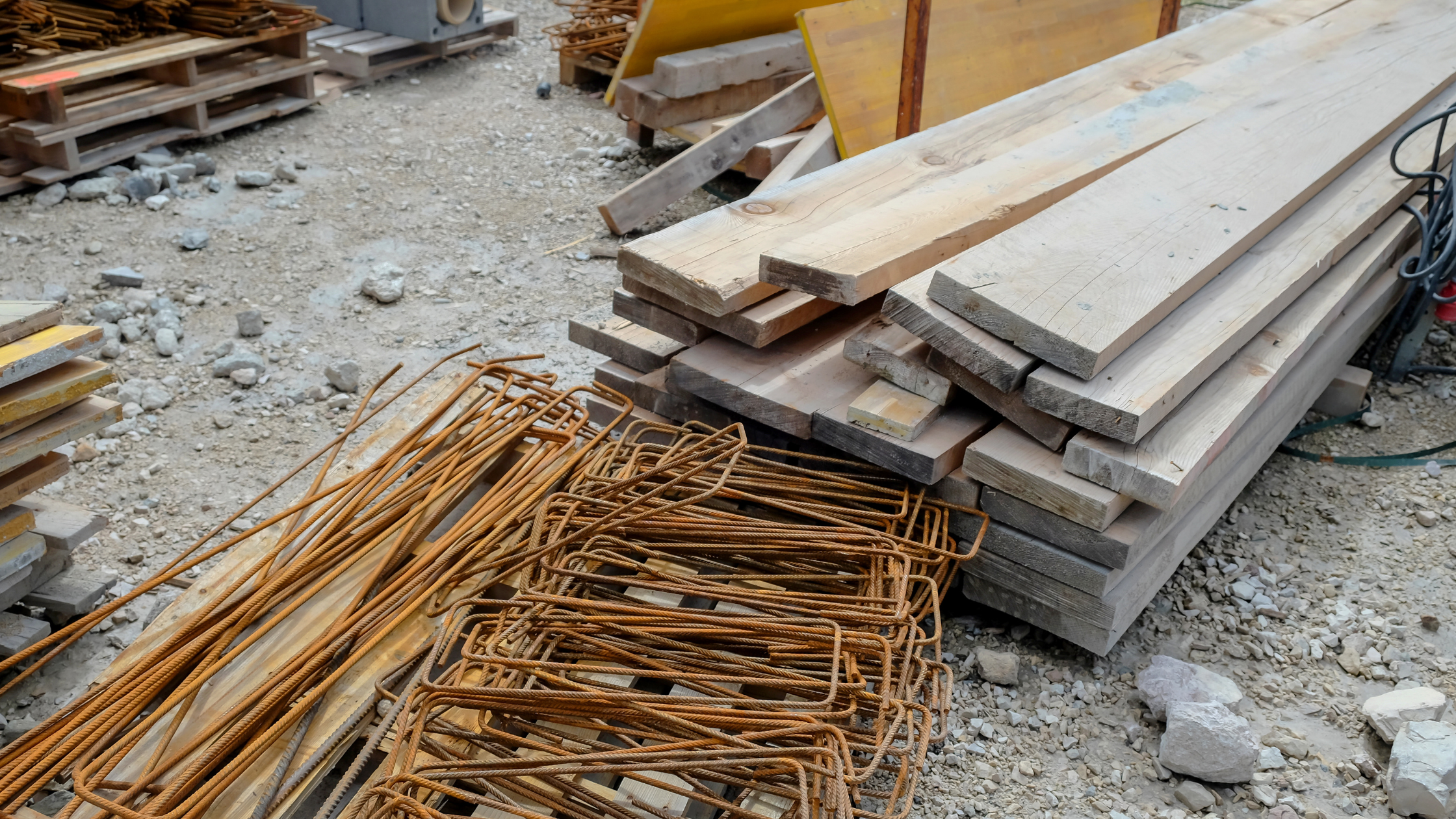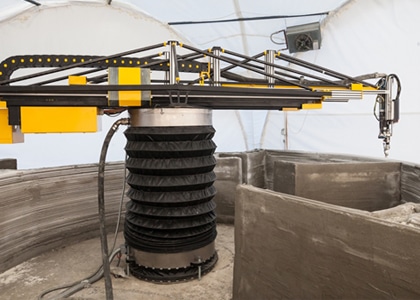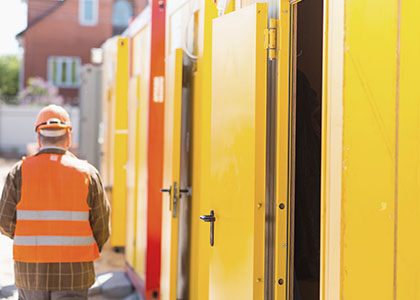Home / Blog / Are You Thinking of Using an Overseas Building Materials Supplier? Here are 8 Things You Need to Know Before Going Ahead
Summary
Globalization and increased digitalization have made sourcing products from overseas a viable, and attractive, option for many businesses. However, relying on overseas suppliers comes with distinct advantages and disadvantages.
Local companies sourcing products from international suppliers can benefit from economies of scale and added research and development. This translates into acquiring better quality products, developed through advanced means, at a relatively cheaper cost.
Additionally, with a wider range of choices, local businesses are in a better position to provide options to customers. Sourcing internationally from multiple producers can help local businesses manage demand through forwarding inventories and warehousing solutions. Moreover, by outsourcing production to an overseas supplier, a business can refunnel its energies and finances to growing in its local market
On the downside, sourcing from abroad adds lead time to your projects as you are dependent on a third party. Also, getting past cultural differences, legal documentation processes, and language barriers can leave a business feeling it has no control over its supply chains. Businesses also leave themselves vulnerable to variations in quality because they do not have direct contact to review and maintain standards.
Organizations are advised to do their research and weigh their options before they commit to sourcing from an overseas supplier.
INDEX
PROS OF SOURCING FROM OVERSEAS SUPPLIERS
- Low labor, production, and material costs
- Benefit from latest technologies and materials
- Wider choice
CONS OF SOURCING FROM OVERSEAS SUPPLIERS
- Long lead time
- Cultural differences
- Finding the right supplier
- Difficult documentation processes
- Lack of control

DECIDING IF OVERSEAS SUPPLIERS ARE RIGHT FOR YOUR BUSINESS
With new transportation routes opening across the world, even remote corners of the globe have become accessible. With access to a huge pool of labor and manufacturing capabilities, overseas suppliers are an attractive option for many construction companies.
Global sourcing has become a go-to strategy for businesses looking to boost profits while offering the latest in building materials. However, companies too often fail to consider all aspects of using overseas suppliers and may encounter difficult situations that could be avoided by choosing a trusted local supplier.
Before committing to an overseas supplier, here are important pros and cons to consider.

PROS OF SOURCING FROM OVERSEAS SUPPLIERS
- Low labor, production, and material costs
The most obvious benefit of sourcing internationally is the potential cost-saving advantage it holds for a company.
- Cheaper labor
Labor laws, taxes, and compensations differ across the world. In countries with large populations, labor is easily available.
Especially for non-technical labor, the per-unit price of a product can be greatly reduced. This cost-benefit is passed along the supply chain to the final buyer, who benefits by sourcing a cheaper product.
- Lower production cost
An overseas supplier who specializes in a product is in a position to reduce the per-unit fixed price by utilizing economies of scale.
With reduced variable costs and increased output, an overseas supplier can offer a more competitively priced product than a local counterpart.
- Material costs
Overseas producers with proximity to available raw materials gain a competitive edge in producing a product.
Sourcing from a supplier whose product has been manufactured through an organic supply chain can translate into a cost-benefit for you.
- Benefit from latest technologies and materials
Product quality varies from country to country, with manufacturers varying greatly in how committed they are to implementing the latest advances in production or investing in their own research and development.
Carefully researching and choosing an overseas supplier with demonstrated expertise and a commitment to incorporating cutting-edge technology could mean you have a long-term partner who provides a cost-effective solution for your business.
To find an overseas supplier who could be a valuable producer for you, consider if they engage in the following:
- Research and development
A product should be put through multiple trials so that it is functional and operational at the maximum utility. A company that claims to be experts at product specialization should be able to show extended, and well-documented, research and development. Additionally, product prototypes and models should, ideally, be tested across multiple markets before you commit to purchasing.
- Recognizing trends
Product specialists who are at the forefront of incorporating design and technology are also the first to recognize industry trends. Sourcing from overseas can give a company a leader in offering the latest products to local consumers.
For example, international suppliers are sometimes better placed to recognize and meet the current demand for environmentally conscious, sustainable green construction materials, such as the latest in geothermal cooling systems, innovations in glass application, or new skills in polymer material used.
- Wider choice
Keeping up with competitors in a saturated market is difficult. With the opening of trade borders, companies can import from wholesale markets and focus on value for money of a variety of products.
- Changing preferences
With globalization, local tastes and choices are changing quickly and substantially. Whether this means supplying local consumers with more environmentally friendly products or fitting houses with ergonomically designed dishwashers, a successful company needs to be able to meet the preferences of its clients by offering them choices from the world over.
- Digitalization
With increased digitalization across business platforms, the most remote of places has become easily accessible. Almost all businesses now have an online presence to facilitate some form of customer interaction, allowing buyers to digitally preview a range of products.
Additionally, with more sophisticated ways of working, like cloud management, you can review and sign contracts and spreadsheets remotely. Online translation services also make it somewhat easier to access a wider array of choices.
CONS OF SOURCING FROM OVERSEAS SUPPLIERS
Though using an overseas supplier can come with benefits, global sourcing is a more complex process when compared with purchasing supplies domestically and comes with unique issues and increased risks. Navigating the complicated rules and regulations of international markets, dealing with customs’ requirements, tackling cultural and language differences, and mitigating risks from currency fluctuations and complicated logistics, are just some of the obstacles you may face when sourcing from abroad.
Here are some challenges that come with sourcing from overseas suppliers.

- Longer lead time
If you choose to source from an overseas supplier, you will have to build longer timelines into your scheduling. International logistics, shipping, transportation, and warehousing add delays to your deliverables.
-
- Delays and disruptions to your supply chain
Over-reliance on overseas suppliers can result in significant problems if one or more closes or experiences a catastrophic business disruption. Equally, having too many suppliers is difficult to manage.
Complicated border processes, technical and industrial issues, import/ export restrictions at either end of the transaction, fluctuations in exchange rates, and unstable economic and political conditions, can add further disruptions to your supply lines.
Moreover, if you don’t have local bulk warehousing and storage facilities, with inventory management running months ahead of the task, then these delays can leave you strapped for supplies and further disrupt project schedules.
- Increased vulnerability and costs
With an overseas supplier, your entire business model is built on third parties, which leaves you open to too many vulnerabilities. Logistics, warehousing, and shipping also add to costs, increasing overall market price.
- Delays and disruptions to your supply chain

-
- Tariffs and taxes
Understanding tariff and tax structures with international imports add time to your processes. Depending on a country’s tax structure, and bilateral trade relations, you may actually be adding to your costs, possibly making your project run over budget.
- Customs
Though experienced overseas manufacturers can help their customers mitigate delays, custom clearances can take a long time, especially with the shipment of certain goods and if a company is new to the process.
Also, the origin of overseas goods can affect the level of duty you pay. Some goods get a preferential rate of duty because of existing trade relations whereas others could incur additional charges and waiting times.
- Tariffs and taxes
- Cultural differences
Cultural differences in business approaches make it difficult to navigate your requirements, especially from overseas. Additionally, language barriers may further complicate communication between you and your overseas supplier.

- Language barriers
Communication is a frustrating obstacle when dealing with foreign suppliers. Even simple actions, such as routine telephone calls, can be complicated by factors such as time differences and low-quality phone connections. Additionally, when working with an overseas supplier, face-to-face meetings are likely to be infrequent.
Even with websites and digital communication aiding transactions, a lot can go wrong in translation between legal and commerce language. Mitigating these barriers takes time and energy, which come at a cost.
- Labeling issues
Ensuring that all labeling and other printed materials, like instructions, are completely error-free requires meticulous attention to detail, which may be lacking with overseas suppliers.
- Finding the right supplier
Finding the right overseas supplier requires a significant and costly investment of both time and energy. Not only will you need to know your supplier, but you will also need to carefully examine the rules and regulations of the country in which it is located. Of course, there are additional aspects you will need to examine to find an overseas supplier that works for your company.
- Determining suitability
Finding an overseas supplier who fulfills your niche requirements may prove difficult, and it becomes even harder as product specifications get more specialized. Moreover, companies sourcing from abroad can expect a trade-off between prices and levels of regulation and protection. Suppliers in developing countries may be cheaper, but it is more difficult to resolve problems that may arise.
- Ease of access and familiarity
In case of supply disruptions and delays, you’ll need to be able to connect with your overseas supplier quickly. That means you’ll need to know and trust your supplier and their connectivity and availability, as well as the possibility to travel to their location easily.
- Level of infrastructural development
If your supplier is based in a developing nation, infrastructure could be weak, which will contribute to production delays that will further disrupt your project timelines.
- Reliability
Even if you perform your due diligence, it’s simply a fact that not all suppliers can deliver on what they advertise. An unreliable supplier, especially one who is not credit-worthy, could end up taking you down with them.
- Difficult documentation processes

To operate across international borders, with laws, taxes, and tariffs requires a solid paperwork trail, including payment receipts, letters of credit, bank guarantees, and more.
What are some documents and difficulties you may face when working with an overseas supplier?
- Contracts
There are many sources of potential confusion between an importer and an overseas supplier, from language difficulties to differences in business practices and legal systems. Drawing up clear contracts requires further legal advice and consultation, which means incurring more costs and using more resources.
- Conflicts
If disagreements arise and cannot be resolved amicably, then you’ll need legal support, and it is difficult to resolve legal matters, especially litigation when one party is overseas. Liability claims (particularly in situations where a product causes substantial harm or loss), infringement of intellectual property rights, and insurance provisions at each stage of transit are additional stressors that you have to mitigate.
- Lack of control
Outsourcing overseas means you’ll have little control over the supply process, which you also won’t be able to easily monitor or access. Overall, using an overseas supplier leaves you vulnerable to quality control issues, which also include:
- Quantity concerns
Most companies importing from overseas suppliers will need to order large quantities for it to be worth the investment of time and resources, so you have to plan and budget for large-scale deliveries.
But each individual unit must still meet your local market’s specific requirements and standards, which means that one issue with one unit means the entire batch is useless – and you’ll have to scramble for replacements while working with a supplier who is thousands of kilometers away. - Loss of exclusivity
When sourcing from an overseas supplier, your company is one of many businesses acquiring the product, you do not have exclusivity. Being unable to secure exclusive usage could put you at a disadvantage in your market, depending on your project’s specific parameters and market drivers.
OPTING FOR A WELL-CONNECTED LOCAL SUPPLIER

Is there a way to enjoy the benefits of working with an overseas supplier while avoiding the drawbacks that could seriously damage your project and your company?
When you choose a local, well-connected comprehensive construction and building materials supplier, you are able to leverage the lower costs, latest developments, and wider choice that overseas suppliers provide. And choosing a local supplier means avoiding longer lead times, clashes between legal and business cultures, lack of control, and other disadvantages that come with outsourcing to an overseas supplier.
Additionally, you, your company, and your project will be able to:
- Manage demand
With a local supplier that offers a range of products, you’ll be able to efficiently manage your project demands more effectively. In-person inspection of supplies, plus immediate responsiveness from your supplier, will allow you to pivot quickly should your demand increase or decrease unexpectedly.
- Time to focus on your project and your business
Searching for a reliable overseas supplier requires a lot of time and energy. Rather than worrying about how your project may be disrupted by a supplier who could be located halfway around the world from your worksite, choosing a trustworthy local comprehensive supplier allows you to put more focus on other vital tasks, which allows you to manage your project more effectively.
And, by opting for a local supplier with extensive experience and inventory, you’ll be able to place greater emphasis on customer outreach, improve your marketing strategies, and concentrate on other essentials that will help you make more sales.
To learn about how Binex can help support you source materials and supplies for your construction projects, get in touch here.










